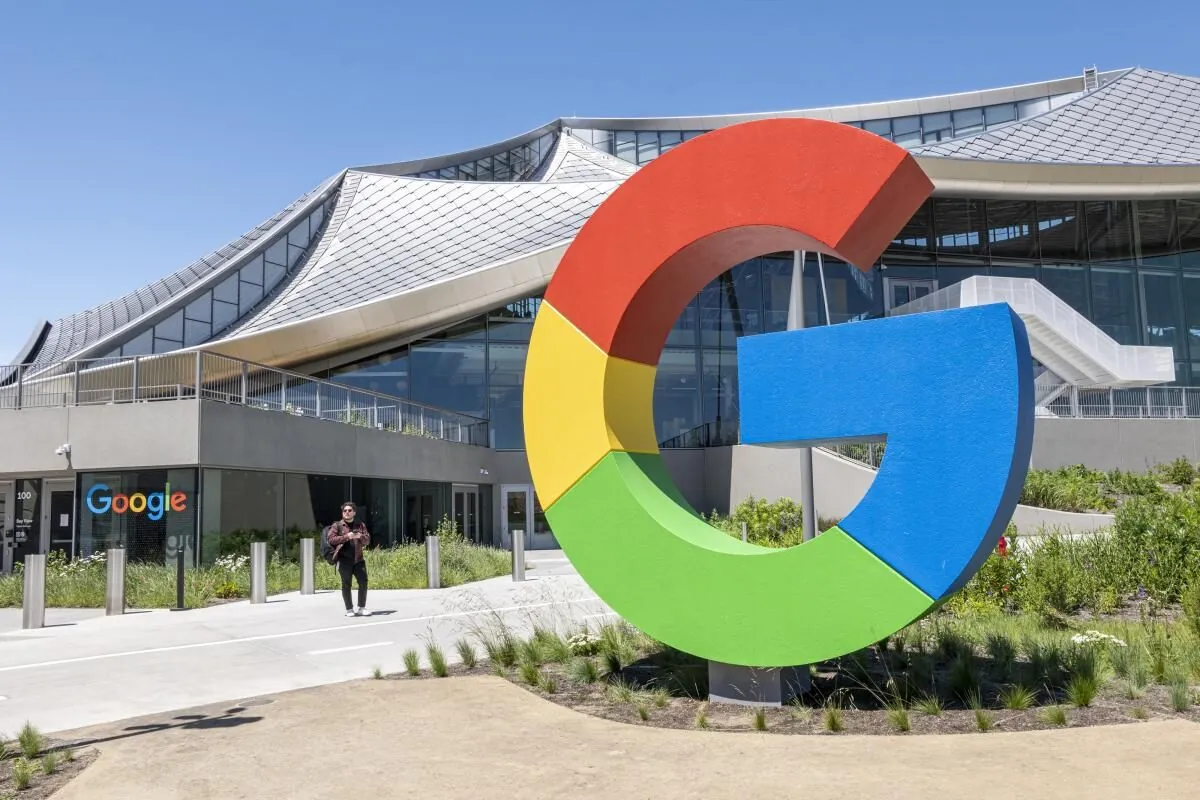In a significant development for the media landscape, Google has reached a $250 million agreement with California to support local journalism and artificial intelligence research. This deal, announced in August 2024, marks a departure from a proposed "link tax" legislation that would have required tech companies to pay news organizations for content links.
The agreement allocates $110 million from Google and $70 million from California's state budget to bolster journalism initiatives. An additional $70 million from Google will fund AI research programs. The UC Berkeley Graduate School of Journalism, established in 1968, will manage the journalism fund.
This deal comes at a critical time for the U.S. newspaper industry, which has been in decline for decades. Since 2005, over 2,500 newspapers have ceased operations, leaving approximately 200 counties without local news outlets. The digital era has seen advertising revenues shift dramatically, with Google's search engine becoming a central hub for digital advertising, generating over $224 billion in 2023 alone.
Critics argue that this agreement primarily benefits Google, allowing the tech giant to avoid potentially more substantial ongoing payments to publishers. Victor Pickard, a media policy professor at the University of Pennsylvania, suggests that California may have relinquished an opportunity to secure more significant funding through legislation.
"This public-private partnership builds on our long history of working with journalism and the local news ecosystem in our home state, while developing a national center of excellence on AI policy."
The deal has sparked debate within the journalism community. While some organizations, including the California News Publishers Association, support the agreement, others express concern. The Media Guild of the West criticizes the exclusion of journalists from negotiations and questions whether the state's actions may have caused more harm than good.
This partnership reflects a growing trend of government intervention to support struggling news organizations. California joins states like New Mexico in funding local news fellowship programs, while New York recently introduced a tax credit program for news outlets hiring and retaining journalists.
The agreement is scheduled to take effect in 2025, starting with a $100 million initial investment. However, concerns from Democratic leaders could potentially impact the plan's implementation. As the most populous U.S. state with over 39 million residents, California's approach to this issue could set a precedent for other states grappling with the challenges facing local journalism in the digital age.
As the media landscape continues to evolve, the intersection of technology, journalism, and public policy remains a complex and contentious issue. This deal represents a significant step in addressing these challenges, but its long-term impact on the future of journalism and the balance of power between tech giants and news organizations remains to be seen.
